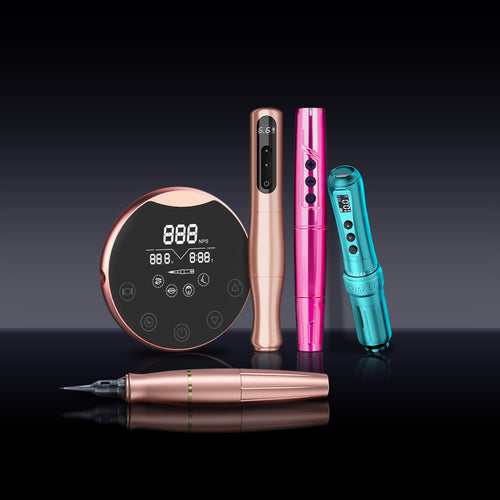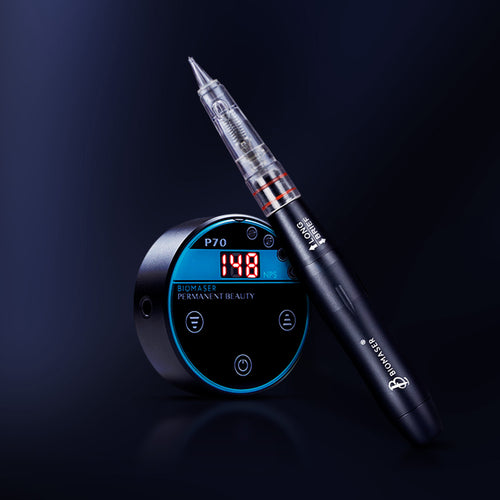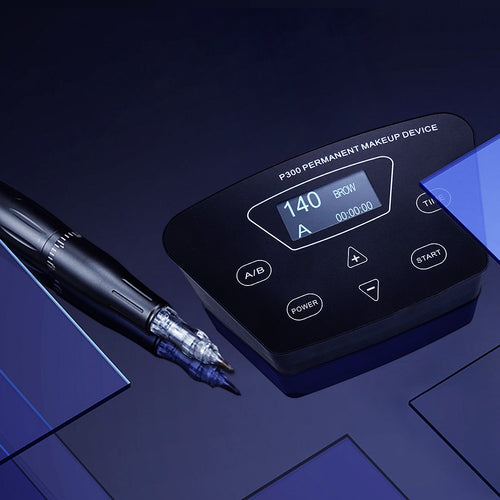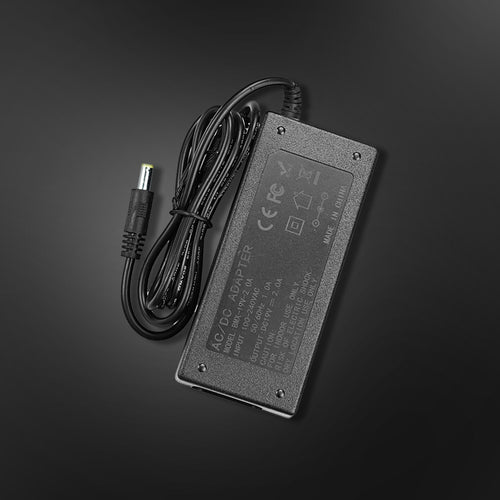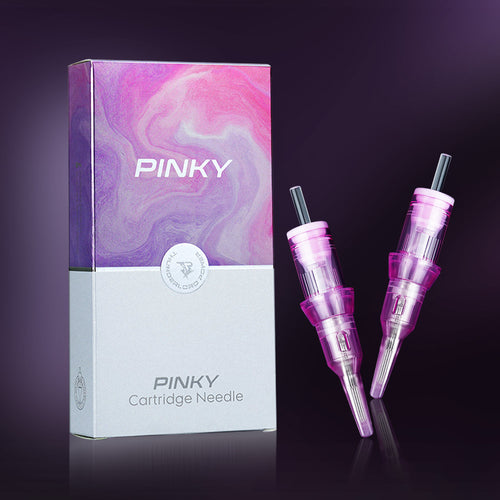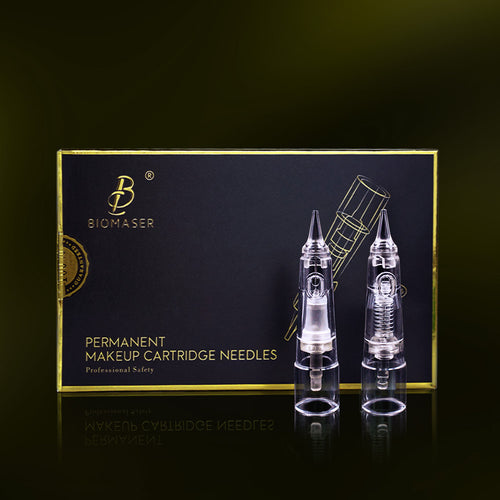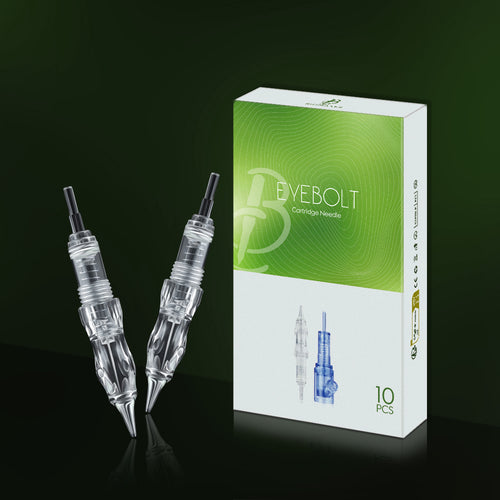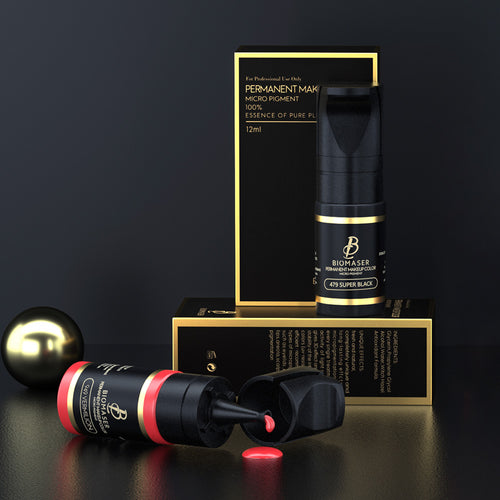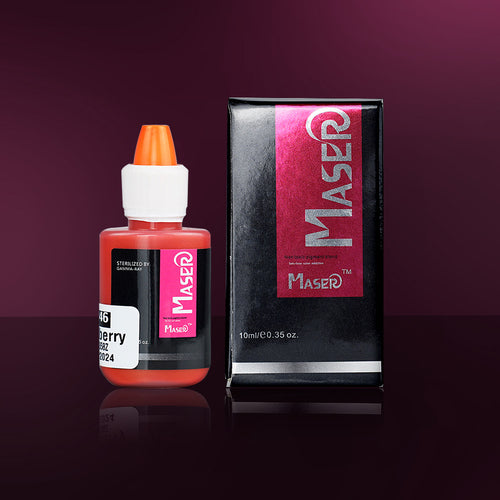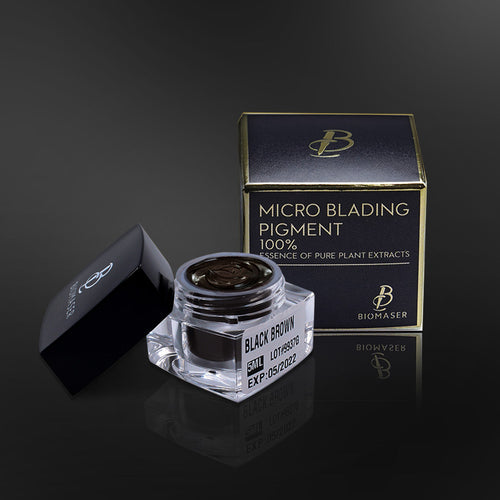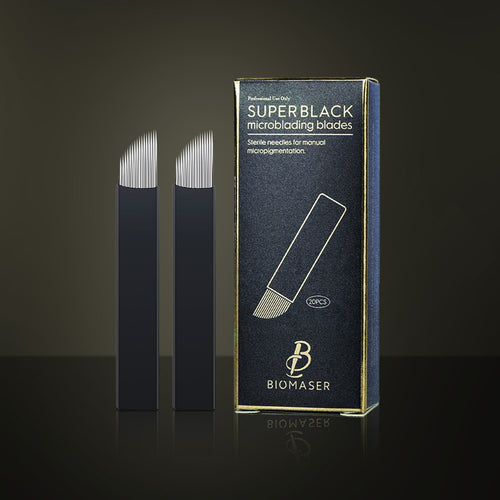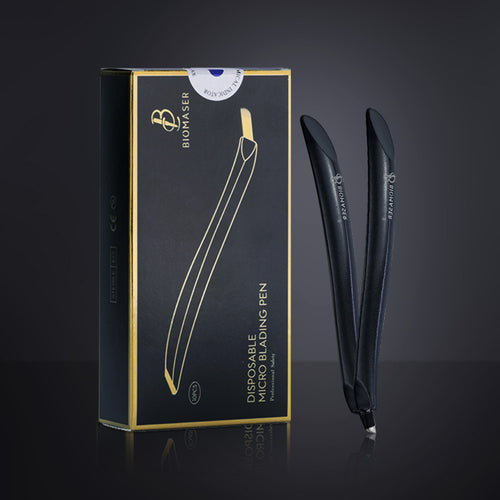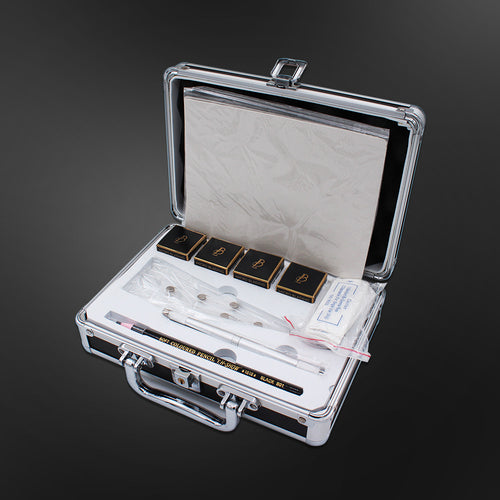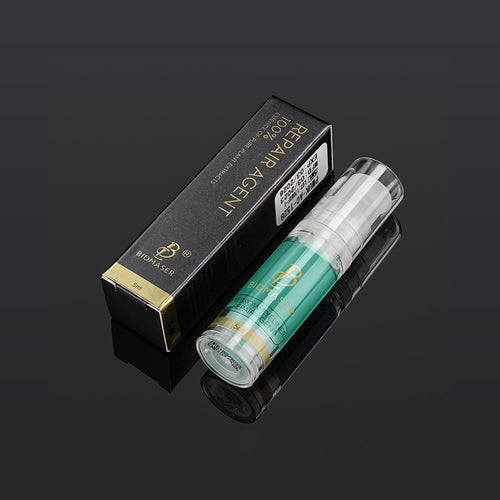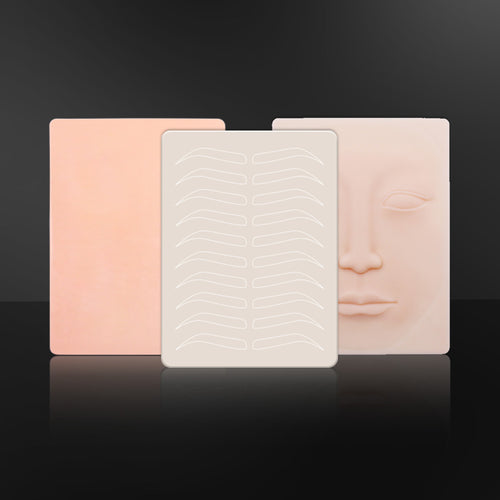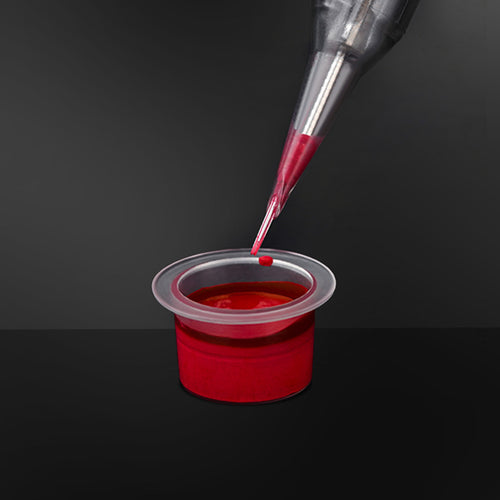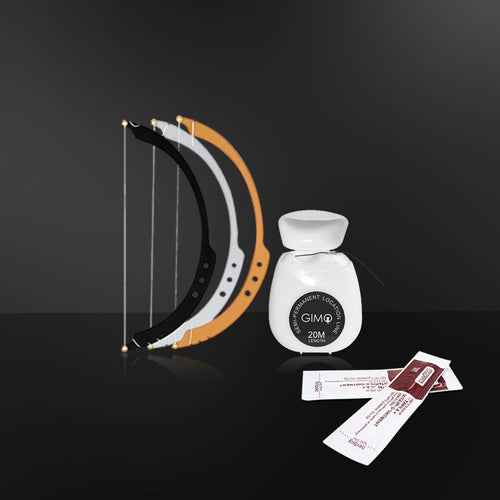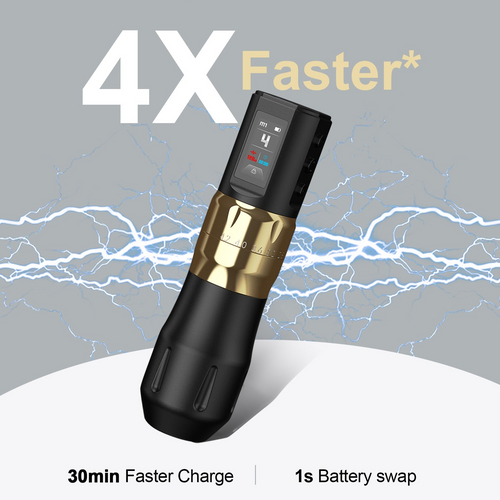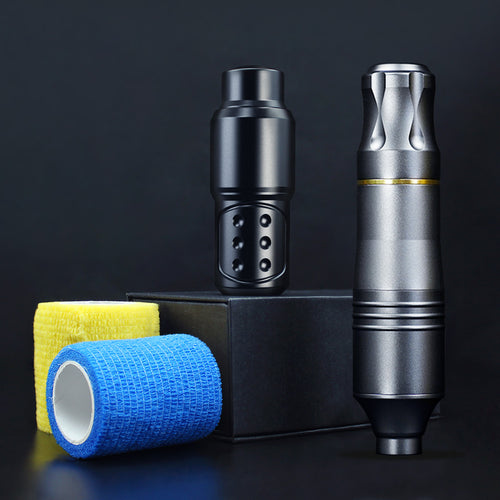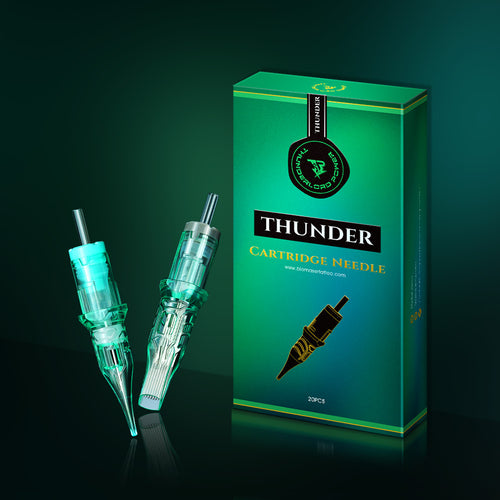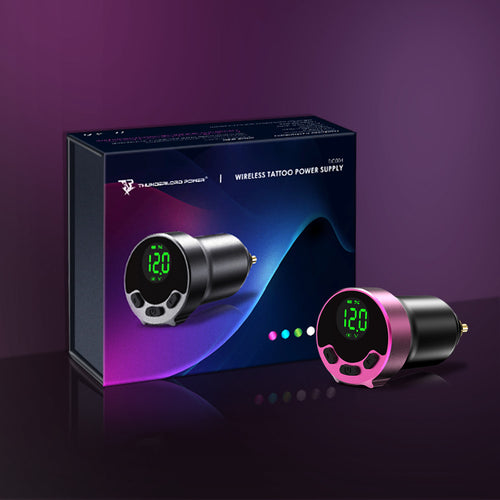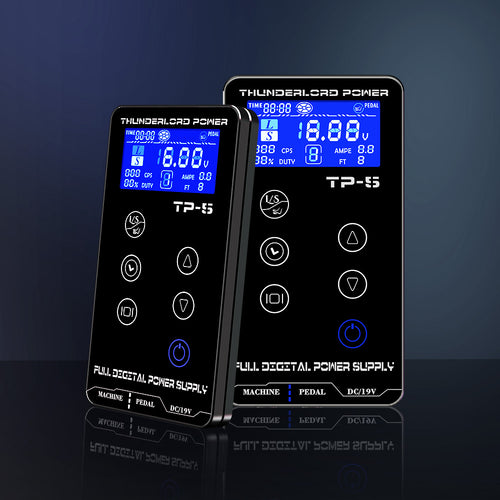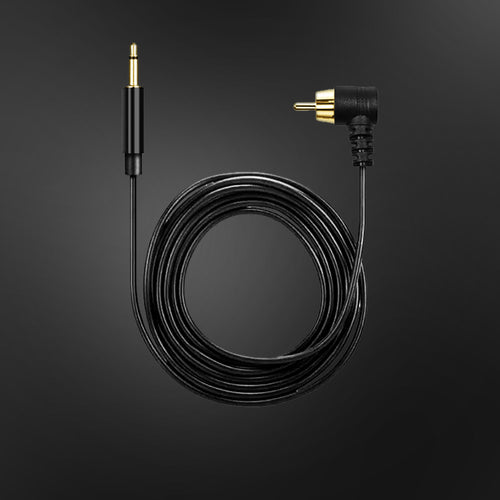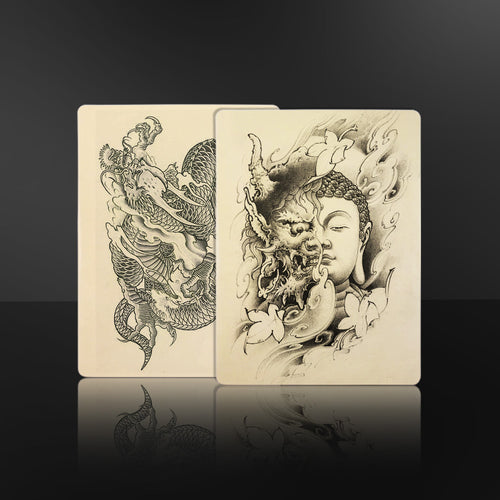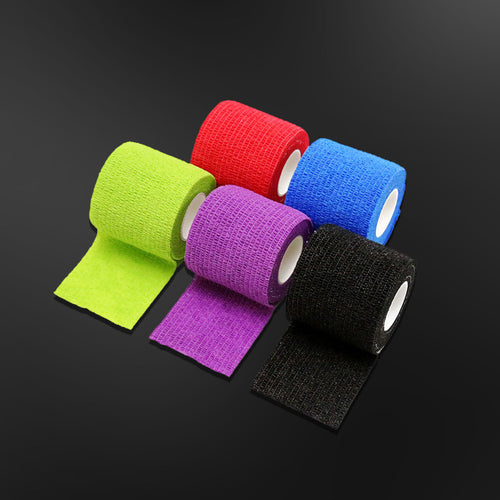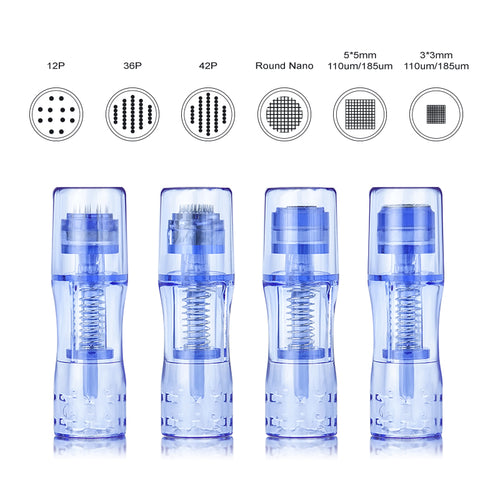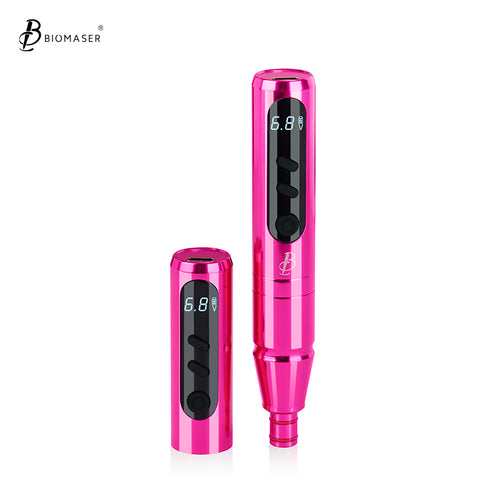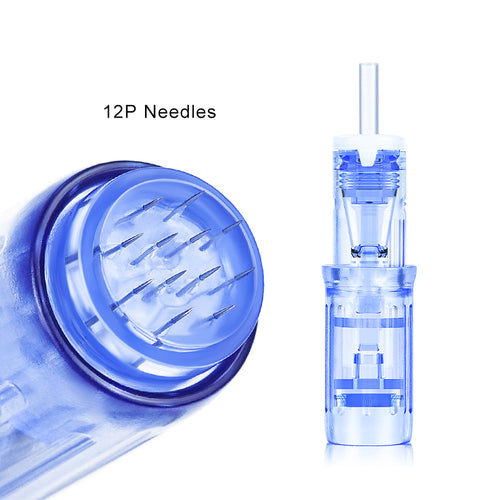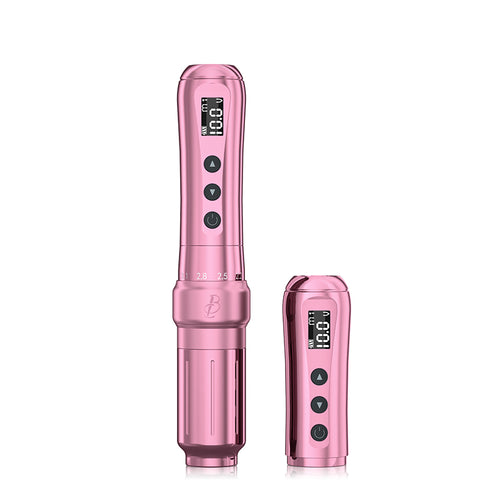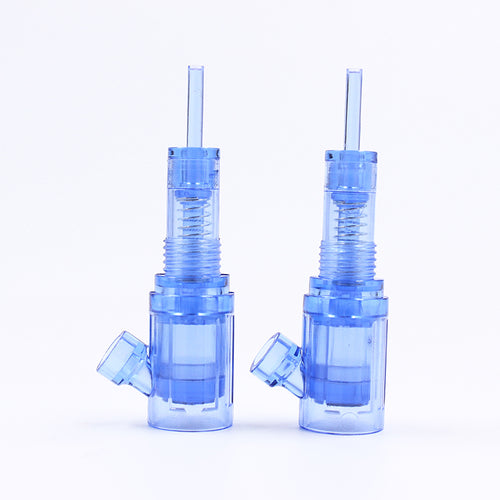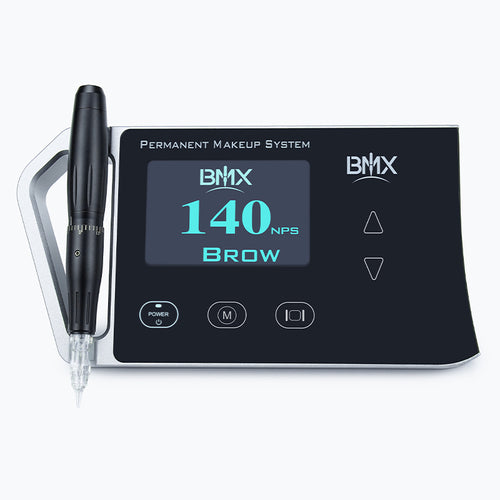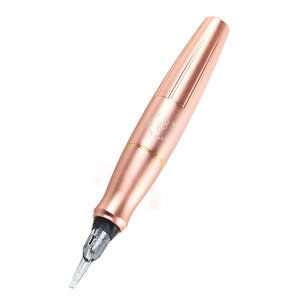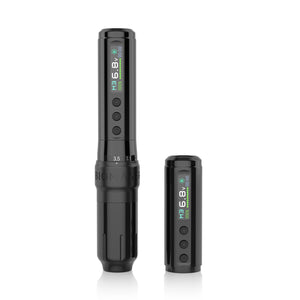Wireless vs. Wired Tattoo Machine – Pros And Cons Of Both
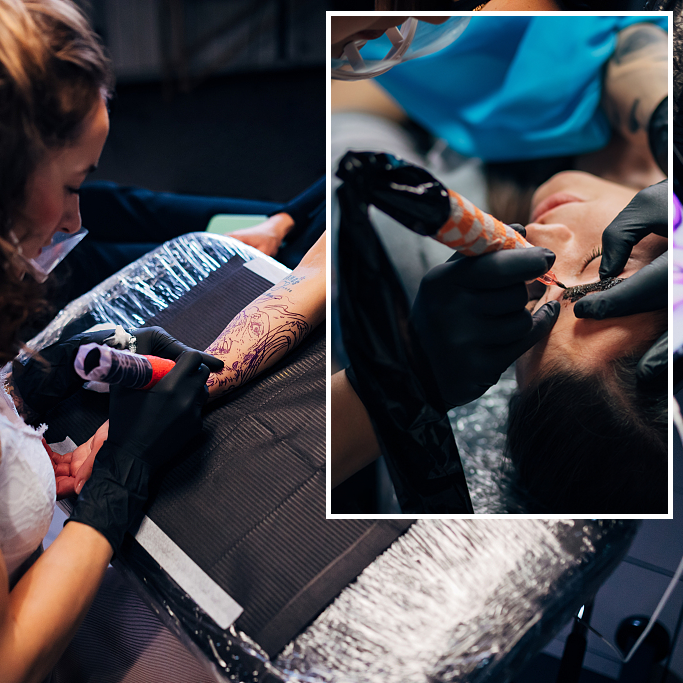
In the world of tattoo artistry, a debate rages on. To go wireless or stick to wired tradition? Tattoo machines today offer artists a choice between the cord-free convenience of battery-powered models or the familiar reliability of classic machines tethered to electrical outlets. Understanding the pros and cons of both options helps tattoo artists select equipment aligned with their creative style. By evaluating mobility, power, noise, weight, and other key factors, tattooists can discover their perfect match in machine technology. When the goal is artistic freedom, being informed ensures the best tattoo machine gets chosen.
Wireless Tattoo Machines
Wireless tattoo machines are battery-powered mobile tattoo tools that do not need to connect to an electrical outlet. Rechargeable batteries allow complete flexibility and freedom of movement during use without the need for restricting cords.
Pros of Wireless Tattoo Machines
- Greater freedom of movement - Without a cord attaching the machine to a power supply, tattoo artists can move around clients more freely. This makes it easier to get the right angle and work on different body parts.
- Reduced clutter - Wireless machines eliminate tangled cords and clutter around the tattoo station. This creates a cleaner, more professional workspace.
- Portability - Running on battery power makes wireless tattoo machines extremely portable. Tattoo artists can even work remotely without access to an electrical outlet.
- Quieter operation - Wireless machines tend to run more quietly without the subtle buzzing sound caused by an electrical current.
Cons of Wireless Tattoo Machines
- Battery life - Wireless machines need to be charged regularly. The batteries may not last for longer tattoo sessions.
- Heavier weight - The batteries add extra weight to wireless tattoo machines. This can cause fatigue over many hours of tattooing.
- Higher cost - Wireless machines are more expensive than their wired counterparts. Good batteries add to the overall cost.
- Pairing issues - Sometimes, there are challenges pairing the machine with the power supply or foot pedal. Troubleshooting connection issues can be frustrating.
3mm stroke Tattoo Machine Double head Tattoo permanent makeup CTGE004
Wired Tattoo Machines
Wired tattoo machines are electric tattoo tools that operate by connecting directly to a power supply, like an electrical outlet via a cord. The current flows through the coils to power the needle grouping and create the machine's familiar buzzing as it applies ink.
Pros of Wired Tattoo Machines
- Lower cost - Buying a wired tattoo machine is cheaper than investing in a wireless system with batteries and chargers. This makes wired machines ideal for new tattoo artists.
- Lighter weight - Without heavy batteries, wired machines weigh less. The reduced weight makes long tattoo sessions less tiring.
- Consistent power - Wired connections provide consistent electrical power without concerns about batteries running low during a tattoo.
- Familiar feel - Most tattoo artists learn on wired machines. Their lightweight and familiar buzz make them easy to master early on.
Cons of Wired Tattoo Machines
- Limited mobility - The cord tethers tattoo artists to the power supply, restricting their range of motion. Moving around clients is more challenging.
- Cord hazards - Cords can get tangled or caught on equipment, posing a tripping hazard in a busy tattoo studio.
- Buzzing noise - Wired machines create subtle electrical buzzing from the current running through the coils. This noise can be distracting.
- Messy stations - The cords running between machines and power supplies contribute to clutter at tattoo stations. This looks unprofessional.
What Are the Key Considerations When Choosing a Tattoo Machine?
With the pros and cons of both wireless and wired tattoo machines in mind, focus on these key factors when selecting the right model:
- Cost - How much are you able to invest in a new tattoo machine? Wireless machines cost substantially more.
- Tattooing needs - Do you work from a fixed shop or prefer the flexibility of mobile tattooing? Wireless machines excel in portability.
- Power requirements - Will you have steady access to electrical outlets for wired machines? If not, wireless is the way to go.
- Weight and fatigue - Do you regularly tattoo long sessions? Lighter-wired models cause less hand fatigue.
- Noise level - Is distracting buzzing an issue? Wireless machines run quieter.
- Familiarity - Are you just starting out? Stick with an affordable wired machine you can master.
Biomaser Plenilune U1 Pro Wireless Tattoo & PMU Machine With Adjustable Stroke
Testing Machines to Select the Best Option
The best way to decide between wireless vs. wired tattoo machines is to test models out yourself. If possible, try out machines from fellow artists in your shop. Contact tattoo equipment suppliers about testing machines as well. Only by handling different tattoo machines can you determine the right balance of mobility, power, noise, and weight. Let your own experience guide your purchasing decision.
With knowledge of the pros and cons and key factors to consider, tattoo artists can confidently choose between wireless and wired machines. Focus on your own tattooing needs and preferences to decide which is the best fit. Then, you can produce amazing designs with technology you feel comfortable using.
